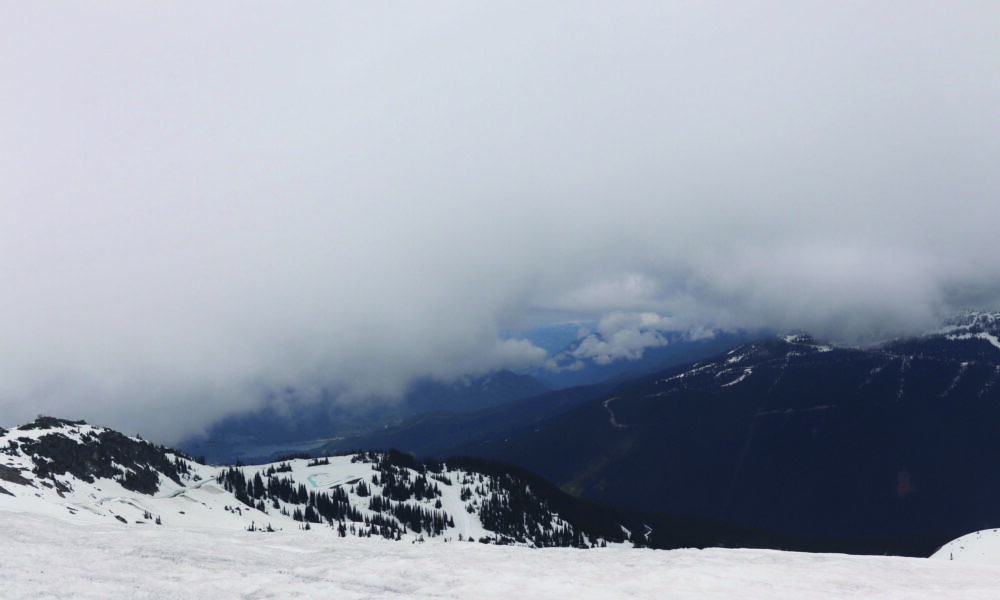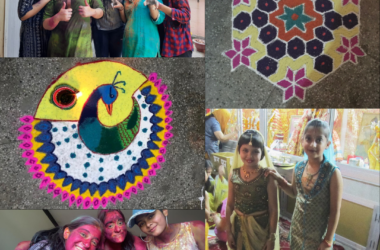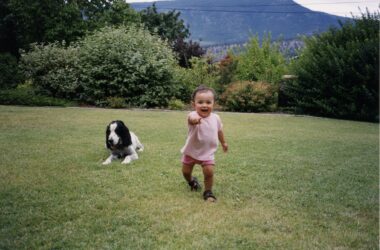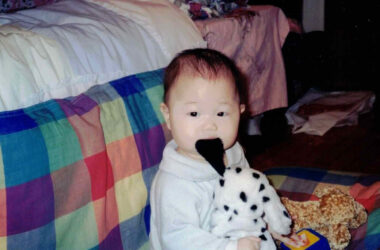Velvet and corduroy, tags on turtlenecks, a gaze sustained solely by counting. An unusually large fraction of my life is spent perceiving more sensory information than the average person or, perhaps, in the typical amount of time for a neurodivergent person.
I thought everyone experienced life uncomfortably—I froze when hugged by friends back in kindergarten, flinched as my hand was grabbed to cross the street, went limp-tongued in the presence of certain food textures. This was the way of the world, I was sure.
You’re forced to adjust and build up tolerance. Surely everyone’s attempting to act like ‘normal’ people. You learn what’s deemed an ‘appropriate’ reaction to hugs: Right arm comes up, the other around—hold for three and push off. Picture your free hand in a tightly wound fist. Change the way you eat lunch.
Suddenly, you’re older, and the fluorescent glare of lights makes you queasy; you bring sunglasses indoors. Another dismal discovery of a texture that makes your skin shrivel—you wear gloves. Ceaseless creaking of grocery store carts, you increase the volume in your insulated headphones, even if it means others can’t approach, something you even thought advantageous.
Through years of observation, you determine that isolation equates to safety, so you comply with society’s fine print.
Our modern society was machine-cut for neurotypicals. There’s a theory that neurodivergent people have higher perceptual capacity, ceaselessly processing the flooding multisensory information most neurotypicals can ignore—a difficult strength to bear.
A higher likelihood for perfect pitch, but the echoing of whispered conversations around you make the prof’s words elude you. You learn your friends’ mannerisms, eye movements, and clothing adjustments—but the topic of conversation evades you.
Your loved ones have adjusted too.
I try to recall a single moment I haven’t felt this way, and the transient moment that I picture is when a friend and I went on a trip to British Columbia during the summer of ‘22. Two soon-to-be 19-year-olds on their first solo trip across the country, with only the other to read the map and switch between our intentionally curated playlists. Upon reflection, what comes to mind first is not the rhythmic, metronomic beating of the waves against the salty Pacific Northwest coast nor the rustling of leaves against wet forest wood.
Rather, upon an arduous ascent to Mount Whistler’s summit, distanced from commercialized gift shops and noisy ski lifts, the morning view we hiked for was marred by the clouding of the far-off mountains, our blue skies shrouded by deep grey. I sat on the highest rock and cried, and asked my friend if she could hear the silence. I’d never felt such serenity.
Neurodivergent people are more likely to have ‘increased auditory sensitivity.’ Whether it be the most faintly detectable buzz of electricity taunting you through the walls, droning cars grudging through the city, or an unintelligible mix of anxious midnight thoughts, I realized my life could be summarized by an endless sensory assault, such that I thought isolation would soothe the ache of the plight. Your skin can’t crawl if no one’s there to touch it; the lights and harsh noises can’t reach you this way.
But interactions were made softer, more bearable, through a different medium: Care, patience, and accommodation. My friend’s harmonic laughter and off-tune singing, summer heat fraternizing with the open window’s wind chill as we drove 100 kilometres to the next closest city to our campsite. And the prominent space between bodies on the couch, their presence warming you like a cherished childhood blanket, saying: “Are you comfortable? I’m here, tell me when. If I could never hold you, it would still be enough.”
At the summit of silence, separated from the neurotypical society of modern-this and fast-paced that, in the great outdoors we bled, sweat, and stood watch as the other wept. After soon-to-be-19 years, Peace found me and told me her real name was “Away,” and that I’d mistaken it for “Alone.”









